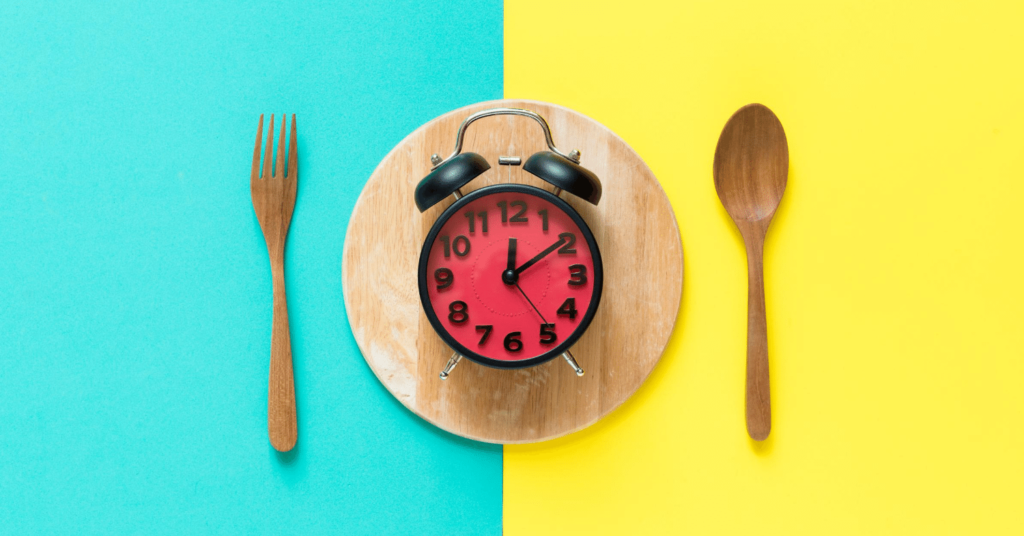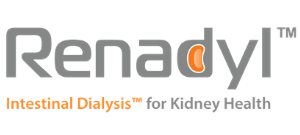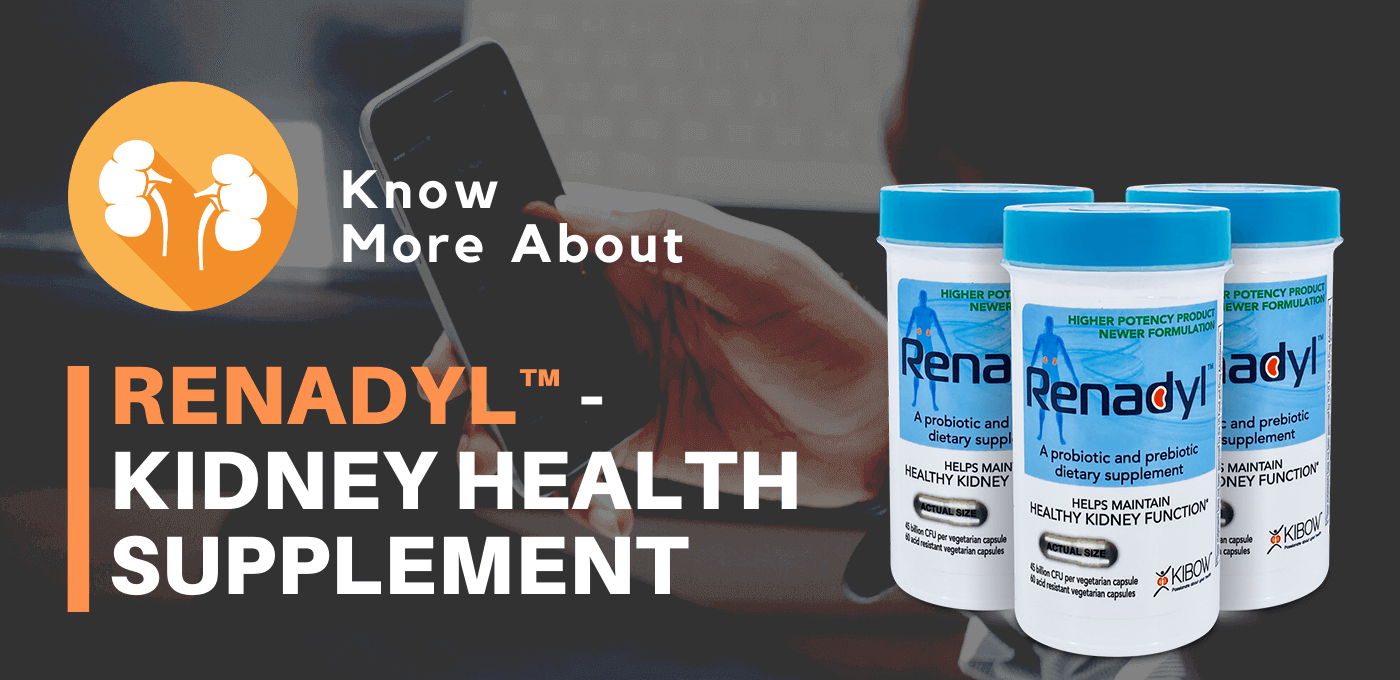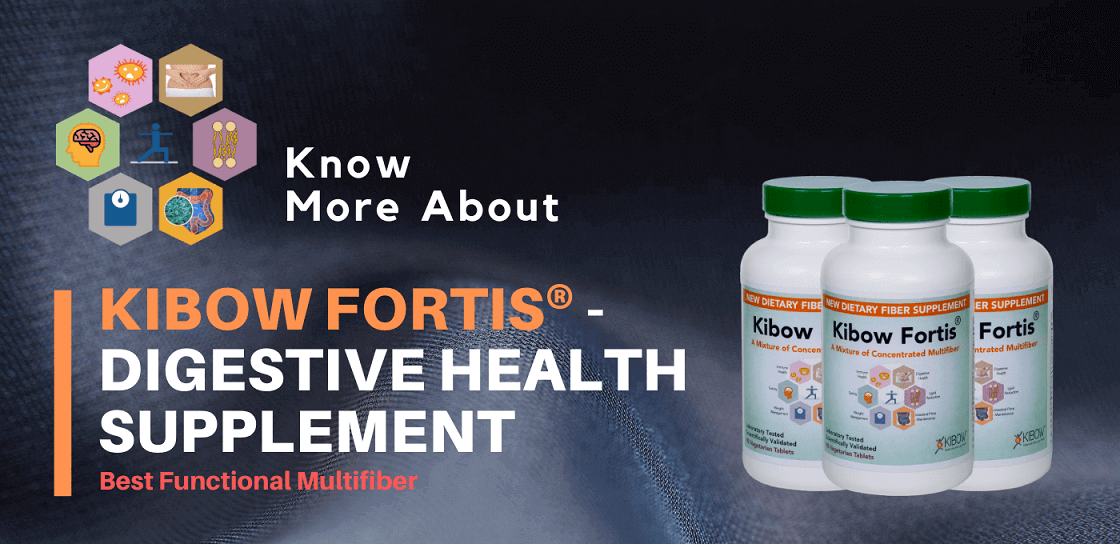Dialysis and a High Protein Diet
Article posted in:
Dialysis

 Editor’s note: Dr. Jenna Henderson is back, sharing her knowledge about a high protein diet while on dialysis. This information is for educational and informational purposes only. rotein diet
Editor’s note: Dr. Jenna Henderson is back, sharing her knowledge about a high protein diet while on dialysis. This information is for educational and informational purposes only. rotein diet
To hold onto kidney function, many kidney patients adopt a diet of moderate to low protein. As protein creates more waste products for the kidney to filter, a reduced protein diet will help reduce the stress on the kidneys. It makes sense – when the kidneys are struggling to keep up, give them less work to do. If you break a bone, you put it in a cast and avoid putting weight on the broken bone, and relieving the stress gives the bone a chance to heal. Likewise, taking stress off the kidneys can be of benefit.
Dietary protein breaks down to urea nitrogen. This is measured in the blood work as Blood Urea Nitrogen (BUN). High BUN levels are indicative of kidneys that are struggling, and reducing BUN levels becomes important.
When You Need Dialysis
Sometimes, despite our best efforts, patients need dialysis. We can change our diet, take medication and helpful supplements, yet still be unable to stop the damage to the kidneys. Then suddenly the rules change. What works for a kidney patient, doesn’t necessarily also work for a dialysis patient.
Once a patient is on hemodialysis, generally monthly labs are done and a renal dietitian goes over the results. One of the measures in the monthly labs is albumin, the primary protein in the blood. Patients are encouraged to have high albumin, meaning that they’re encouraged to eat plenty of protein.
High Protein
Many people wonder if there’s some mistake. You want low BUN, which is a waste product of albumin. So, wouldn’t you want to continue a low protein diet? Actually, the answer is no. Protein is the way to go once you’re on hemodialysis. This is one aspect of nephrology that new patients and, often, healthcare practitioners, who don’t have much experience with dialysis, don’t quite understand.
There are more than one hundred uremic toxins that can build up in the body if the kidneys are not working well. BUN is one of them. Our kidneys work much, much better than the dialysis machine when it comes to clearing these waste products. But BUN is actually one of the easier waste products to remove. Once a month, a blood sample is taken both before and after a dialysis session. Using these samples, Urea Reduction Rate (URR), is calculated. If you’re receiving adequate dialysis, URR is often 65-85%, indicating that the dialysis machine is removing BUN very well.
Adding Renadyl™
Besides dialysis, Renadyl™ probiotic and, possibly, some other natural approaches can help keep BUN low. So, our bodies need not be overwhelmed with BUN while we’re on dialysis. But are there advantages to eating a high protein diet?
- Protein energy malnutrition (PEM) is associated with higher mortality in dialysis patients.
- Protein is very important for the immune system. Many immune compounds run on protein and not having enough protein will lead to compromised immunity.
- Inadequate protein may will lead to muscle wasting.
- Many hormones in the body are peptide hormones, meaning they’re made from proteins.
- Protein is used to create enzymes throughout the body.
- Protein promotes healthy skin, hair, bones and nails.
- Protein helps with wound healing and repair.
Dialysis and Eating
Often dialysis patients just don’t feel like eating. Loss of appetite is common for us, dialysis patients. Sometimes, patients just don’t know what to eat. It seems that so many foods are either high in potassium or high in phosphorus or both. Also, concerns about weight gain between sessions are common. The fluid is removed to help a patient reach their dry weight, but if the dry weight goes up, how will we know how much fluid to remove?
One of the best ways to help your appetite is adequate dialysis. Make sure you never skip a session. There are resources if you have transportation issues. And if you’re going to travel, most of the time it’s easy to make arrangements anywhere in the United States.
The Take Away- Speak to Your Healthcare Professional
Talk to your renal dietitian about the foods that will work for you and pick up some recipe books targeted to dialysis patients. Be creative and make food interesting again.
Don’t forget: you can ask for a higher dose of a phosphate binder. High-protein foods often do have higher phosphorus content. If your blood work shows high phosphorus, talk to your nephrologist to find out if there are other options for stronger phosphorus binders. Many of us start out with Tums as a phosphorus binder, but over time Tums is usually not enough.
If your dry weight goes up, it’s okay. You can talk to your dialysis team about having your dry weight adjusted. They’ll be glad that you have a healthy appetite.
Categories
Recent Posts
- Check out these Live Testimonials, thanks to Steve the Kidney Nurse February 15, 2022
- Kidney Friendly Infused Water August 20, 2020
- Is salt bad for the kidneys? August 12, 2020
- Drinking Water With Kidney Problems August 7, 2020
- What is Renadyl Used For August 5, 2020
Recent Comments
- Kibow Biotech on Drinking Water With Kidney Problems
- Santos Gonzalez on Drinking Water With Kidney Problems
- James F Hawkins III on Drinking Water With Kidney Problems
- Loretta on Kidney-Friendly Dessert
- Leo on Kidney-Friendly Summer Meal




Comments
Leave a Comment